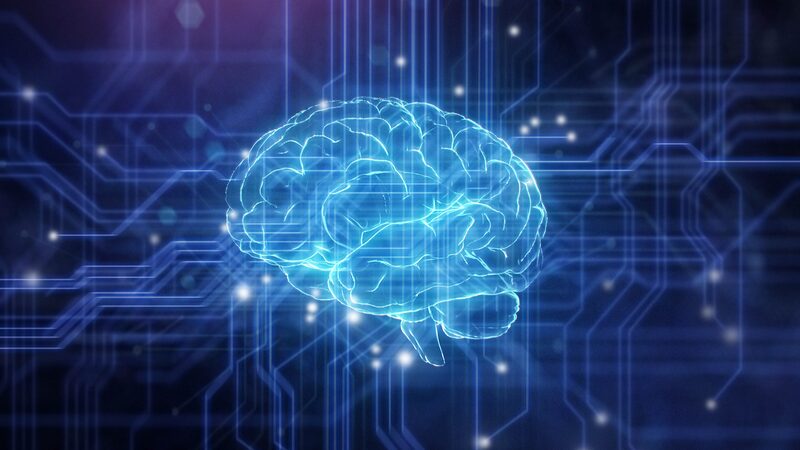Late-night scrolling under artificial light might be doing more than just keeping you awake—it could be reshaping your brain. 🧠 A groundbreaking study reveals a direct link between chronic nighttime light exposure and depression-like symptoms, offering clues about why our screen-dominated lifestyles might be messing with our moods.
Researchers from the University of Science and Technology of China and the Kunming Institute of Zoology tested tree shrews (think: tiny, primate-like mammals) by exposing them to blue light for two hours nightly. After three weeks, the animals showed classic depression markers: less interest in sweet treats, reduced curiosity, and memory lapses. 🐾
Using advanced brain mapping, scientists discovered a hidden neural highway: specialized eye cells send light signals straight to mood-regulating brain regions. When they blocked this pathway? No more depression symptoms! 💡 RNA analysis also showed changes in genes linked to depression, hinting at long-term effects.
"Our screens and city lights aren’t just disrupting sleep—they’re rewiring emotional circuits," said lead researcher Yao Yonggang. The study, published in PNAS, suggests future therapies could target this pathway to balance modern life’s benefits and risks.
As light pollution grows globally, this research sparks urgent questions: Should we rethink nighttime work shifts? Design gentler lighting? 📱 One thing’s clear—science is finally shining a light on why darkness matters. 🌌
Reference(s):
Study finds link between nighttime artificial light and depression
cgtn.com







